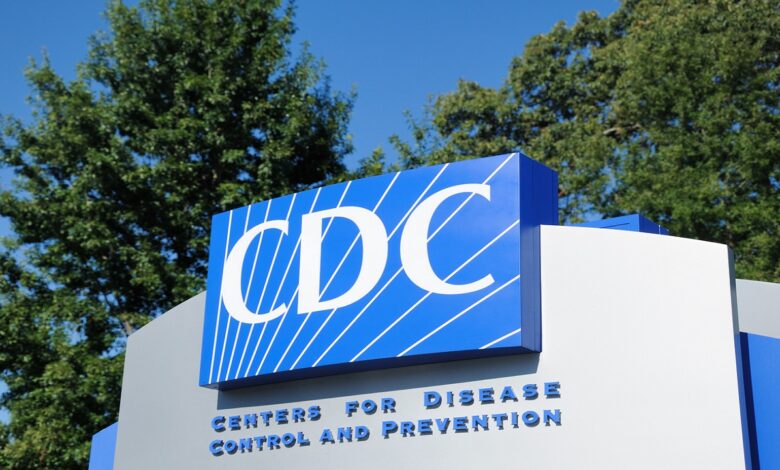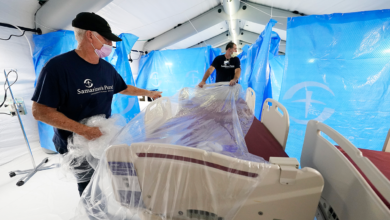CDC reports fatal melioidosis case in Georgia: What is the rare bacterial infection?

A person in Georgia has succumbed to a rare bacterial infection called melioidosis, the Centers for Disease Control and Prevention (CDC) announced Monday. But what exactly is it and who is at risk?
CLICK HERE TO FIND A COVID-19 VACCINE NEAR YOU
Sequencing suggested the case was linked to three prior infections across Kansas, Texas and Minnesota, and cases involved both children and adults, the CDC said. Two out of four cases resulted in death and two of the patients had no risk factors, which are considered to be underlying medical issues such as diabetes, liver or kidney disease, and cancer.
While the bacterial strains closely matched cases found in South Asia, none of the patients had traveled abroad.
The CDC suggested the most likely cause behind the cases was an imported product, like food or drink, cleaning product or medicine, or an ingredient in the product.
“CDC has collected and tested more than 100 samples from products, soil, and water in and around the patients’ homes. No samples have yet been positive for the bacteria Burkholderia pseudomallei, which causes melioidosis,” reads a statement issued Monday, adding, “The bacteria normally lives in moist soil and water. However, in rare cases, it has also been found to contaminate wet or moist products in the areas where the bacteria are common.”
Around a dozen cases are reported in the U.S. each year, the CDC explains on its website. The bacteria can take two to three weeks to cause illness, which creates difficulty in pinpointing the source, the CDC said, noting that patients may also forget what products they were potentially exposed to before becoming ill.
Treatment usually involves IV-administered antimicrobial therapy for at least two weeks, and up to six months of an oral antimicrobial therapy.
CLICK HERE TO GET THE FOX NEWS APP
“CDC is asking clinicians to watch for any acute bacterial infection that doesn’t respond to normal antibiotics and consider melioidosis – regardless of whether the patient traveled outside the United States,” the statement continues. “CDC also urges clinicians not to rule out melioidosis as a possible diagnosis in children and those who were previously healthy and without known risk factors for melioidosis.”
While healthy people can contract melioidosis, underlying medical issues can raise the risk of disease, the CDC said, advising people with a cough, chest pain, high fever, headache or unexplained weight loss to see their doctor.
To prevent the disease, the CDC advises at-risk individuals with an open wound to avoid soil and standing water, and suggests people involved with agricultural work wear boots to prevent infection to the feet and lower legs. Health care workers can prevent infection through standard precautions like hand hygiene, wearing personal protective equipment (PPE) and properly disinfecting instruments, among other measures.
Source link






